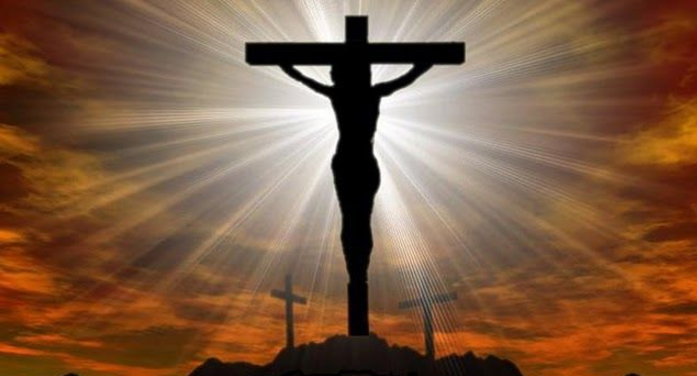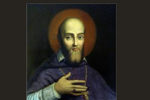The Paradox Par Excellence
In the parable of the Banquet for the King’s Son and in the parable of the Ten Virgins the Bridegroom is Jesus Himself. The Baptist refers to the fact: “It is the bridegroom who marries the bride, and the bridegroom’s friend is simply glad to stand with him and hear his vows. Therefore, I am filled with joy at his success”(Jn. 3:29).
John is “the friend of the Bridegroom and He is the fore-runner. Christ is, certainly, the Bridegroom. Through His incarnation, He (potentially) espoused all humanity (the universal dimension of Christ’s redemption). John could just prepare for the nuptials. Through His suffering, death, Resurrection, Ascension, defeating satan Jesus would wed the regenerated humanity-the Church. At the end of time, the glorious nuptials between the supreme Bridegroom and the Bride (the fully redeemed Church) would be solemnised in heaven. “Let us be glad and rejoice, and let us give honour to him. For the time has come for the wedding feast of the Lamb and his bride has prepared herself”(Rev. 19:7).
The answer to the pharisee’s question is quite clear: Christ’s disciples did not fast because they were not at all sad. Nay, they were extremely happy because- the God was living, moving and walking with them and teaching them all about the Kingdom of God. When the joy of joys is with them, how could they be sad? But His idyllic happiness is quite short-lived. The reason is obvious. Our Lord came to the earth to die. The cross and glory are inseparable in Christ’s life on earth. No wonder, He then proceeds to speak about His death. “But some day the groom will be taken away from them, and then they will fast” (Mk.2:20)
Sure and certain, the Heavenly Bridegroom will be crucified. He will war with all the evil forces and then will claim His Bride. But from the joy of the feast they will enter the sorrowful gloom of the fast when the Bridegroom could be smitten.
Yes this was the first announcement of His death. He did so not to emphasize the practice of fasting. Instead, it was an occasion to announce the removal of the Bridegroom from this ‘unfaithful and callous world’. He implies, further, that His death would no more be a stroke of fate. Rather, it is an essential part of His mission. He might have been looking down into the abyss of His cross even as He was speaking of the joy of a marriage feast.



